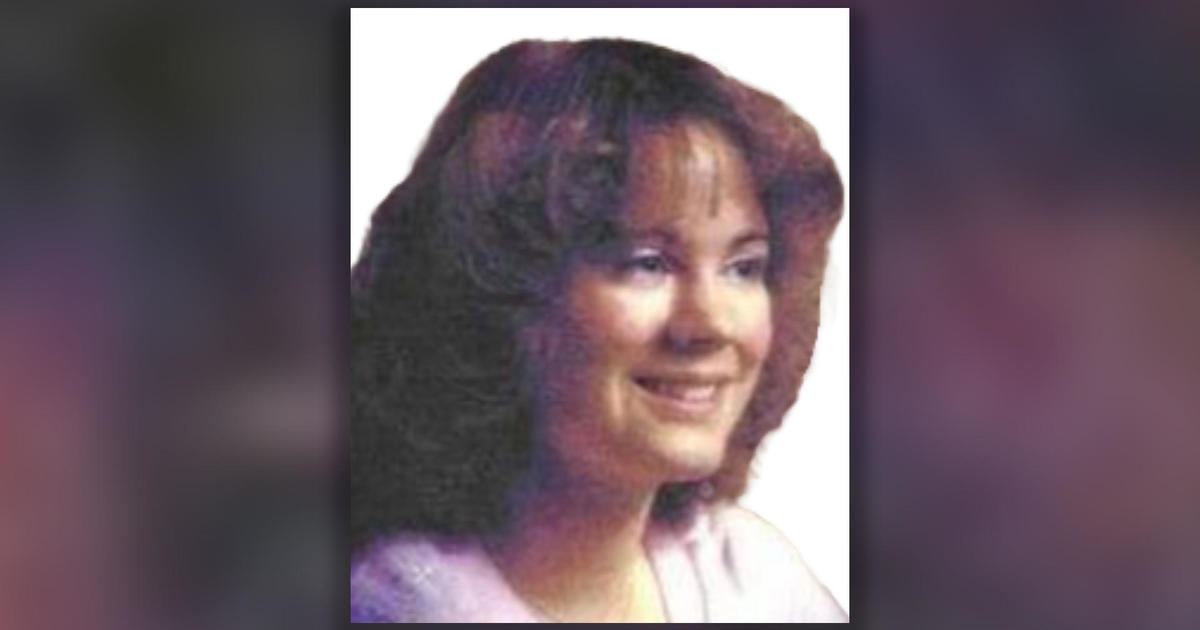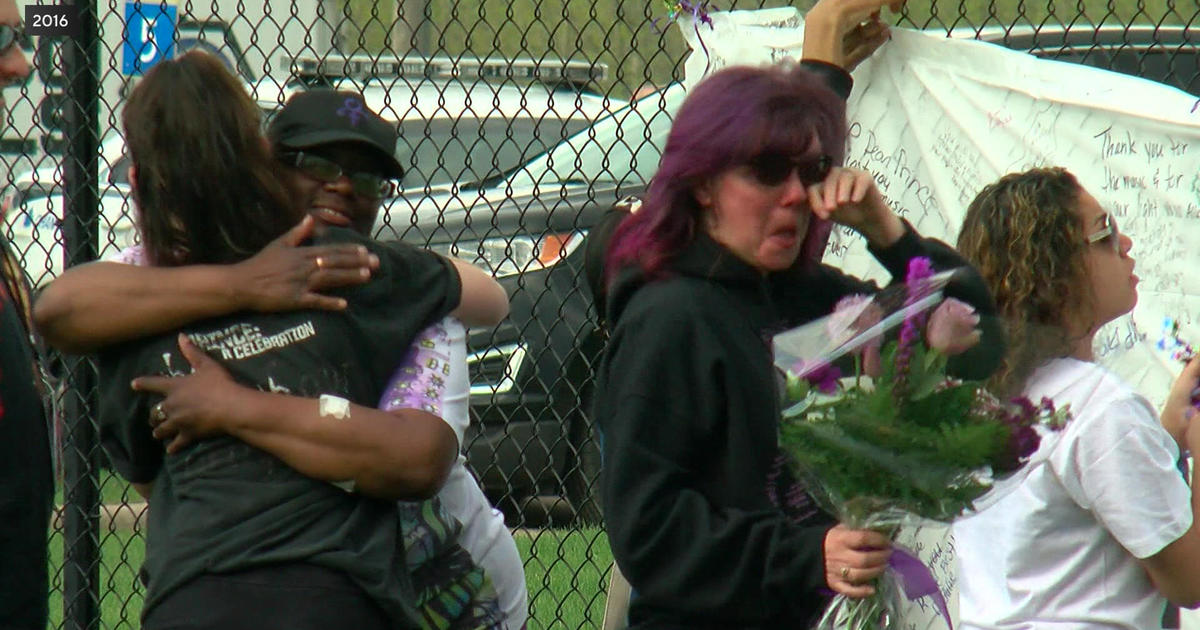Appeals Court Restores MN Judicial Election Rules
MINNEAPOLIS (AP) — A deeply split federal appeals court restored Minnesota's restrictions on fundraising and endorsements by judicial candidates on Tuesday, reversing an earlier decision that held the state's rules unconstitutional on free-speech grounds.
A plurality of judges on the full 8th U.S. Circuit Court of Appeals voted to overturn a 2-1 ruling by a three-judge appeals panel in 2010. Five judges signed the main opinion, two signed concurrences, and a total of five signed two separate dissents.
The ruling came in a case involving former Minnesota Supreme Court candidate Greg Wersal, who has spent years challenging Minnesota's restraints on judicial campaigning and said he'll take his case to the U.S. Supreme Court — again.
At issue were the state Supreme Court's limits on a judicial candidate's ability to personally solicit campaign donations one-on-one, and its prohibition on judicial candidates from publicly endorsing or from opposing other candidates for public office except their opponents. The state allows judicial candidates to request contributions only when speaking to groups of 20 people or more, or from family members and other judges. Wersal says the restrictions give incumbents an unfair advantage and mean that few of them ever lose.
The plurality, led by Judge Kermit Bye, concluded that the state's rules are constitutional because Minnesota has a compelling interest in preserving not only judicial impartiality but also the appearance of it. Dissenters led by Judge Arlen Beam maintained that the rules do indeed violate First Amendment freedoms.
The U.S. Supreme Court sided with Wersal in a key 2002 ruling, and Wersal said he'll ask the high court to review the latest decision too. The high court accepts only a few petitions for review, but Wersal said conflicting rulings from the 6th, 7th and now 8th Circuits improve his chances.
"And so the saga will continue," Wersal said with a laugh. "We'll just have to keep plugging away. Someday we'll have free judicial elections in the state of Minnesota. It's just going to be delayed a bit."
Wersal is a conservative Republican whose last run was an unsuccessful challenge to Minnesota Supreme Court Justice Helen Meyer two years ago. He wanted to endorse U.S. Rep. Michele Bachman for re-election to Congress in 2008 but couldn't because he was challenging then-Chief Justice Russell Anderson. He said he hasn't decided whether to run again this fall, and that one of his major considerations will be whether he's free to raise money.
Tuesday's opinion, concurrence and dissents together run 89 pages. Former Minnesota Supreme Court Chief Justice Eric Magnuson, an advocate for judicial independence and an expert in appellate law, said the length of the ruling and the division on the court are rare.
The U.S. Supreme Court's 2002 ruling, known as Republican Party of Minnesota v. White, declared unconstitutional Minnesota's requirement that judicial candidates couldn't discuss political issues. One of the main results of that ruling has been continued legal action. Wersal has been one of only a few judicial candidates in Minnesota since then who've attempted to use their expanded freedoms to state their views.
Magnuson said the courts are "still working through what the right balance is" in the aftermath of White. He noted that former Justice Sandra Day O'Connor has publicly expressed second thoughts about her yes vote on the 5-4 decision.
"There is a basic issue that judicial elections should be different than other contested political elections," he said. "Judges shouldn't run on platforms."
Open seats are rare on Minnesota's appellate courts and infrequent in the district courts. Judges usually time their retirements so the governor can appoint their successors, who eventually have to face the voters, but it's unusual for a challenger to defeat an incumbent.
Sarah Walker, president of the Coalition for Impartial Justice, said Tuesday's ruling underscores the need to change how Minnesota elects its judges. In the wake of the White case, her group has campaigned for a system of mandatory merit selection for all judicial appointees, public performance evaluations and retention elections in which citizens periodically would vote yes or no on whether a judge should stay in office.
"Combined, you've got a system that's fair, accountable and ensures an impartial judiciary," Walker said.
(© Copyright 2012 The Associated Press. All Rights Reserved. This material may not be published, broadcast, rewritten or redistributed.)



